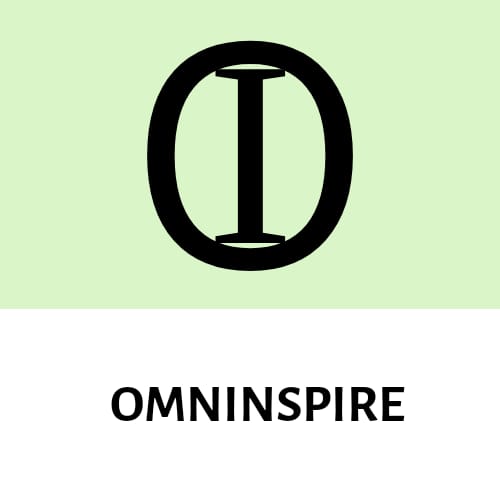Picture Credits : Master1305
In the journey of self-discovery, our thoughts often play a pivotal role. Two concepts that frequently come into play are introspection and rumination. While both involve introspective thinking, they have distinct qualities that can significantly impact our mental and emotional well-being.
Understanding Introspection and Rumination
Introspection is the process of self-examination and reflection. It involves looking inward to understand our thoughts, emotions, and motivations. Introspection is a conscious and purposeful act that helps us gain insights into our experiences and behaviors, fostering personal growth and emotional awareness.
On the other hand, rumination is a more passive and repetitive thinking pattern. It involves dwelling on negative thoughts, experiences, or emotions without reaching any productive conclusions. Rumination often leads to a cycle of overthinking, amplifying negative feelings, and hindering problem-solving.
The Benefits of Healthy Introspection
Imagine you’re faced with a challenging decision in your career. Engaging in introspection allows you to explore your values, strengths, and aspirations. You reflect on how different choices align with your long-term goals, leading to a well-informed decision that resonates with your authentic self.
The Dangers of Unhealthy Rumination
Picture a scenario where you had a disagreement with a friend. If you ruminate about it, you might continuously replay the conversation, focusing on every detail. This rumination intensifies negative emotions, prevents you from moving forward, and can even lead to distorted perceptions.
Differentiating Introspection from Rumination
Introspection involves actively examining your thoughts and emotions with the intention of gaining insight. It’s a constructive process that helps you better understand yourself and your experiences.
Rumination, on the other hand, tends to be repetitive and unproductive. It often revolves around dwelling on past mistakes or distressing events without reaching any resolution or understanding.

Harnessing the Power of Introspection
Set Aside Dedicated Time: Designate specific times for introspection. This prevents it from becoming an endless cycle and allows you to focus your thoughts constructively.
Use Prompts: Utilize journaling prompts or questions to guide your introspective process. This encourages deep reflection on specific aspects of your life.
Practice Mindfulness: Engage in mindfulness techniques, such as meditation, to cultivate awareness of your thoughts and emotions. Mindfulness enhances your ability to engage in purposeful introspection.
Seek Solitude: Find a quiet and comfortable space where you can engage in introspection without distractions. Solitude encourages focused self-reflection.
Practice Self-Compassion: Approach introspection with self-compassion. Treat yourself with kindness and understanding, even when exploring challenging emotions.
Avoiding the Pitfalls of Rumination

Challenge Negative Thoughts: When you catch yourself ruminating, challenge the validity of your thoughts. Are there alternative perspectives you haven’t considered?
Engage in Positive Distractions: Redirect your focus to activities you enjoy. Engaging in hobbies or spending time with loved ones can break the cycle of rumination.
Practice Problem-Solving: If you’re ruminating about a specific issue, focus on finding solutions. Take practical steps to address the problem rather than dwelling on it.
Set Time Limits: Allow yourself a specific window for reflection, and once that time is up, consciously redirect your attention to other matters.
Seek Support: If rumination becomes overwhelming, consider seeking support from a therapist or counselor who can provide guidance in managing negative thought patterns.
Navigating Your Inner Landscape
Introspection and rumination share a common thread of deep thinking, yet they lead to vastly different outcomes. Introspection empowers you to better understand yourself and make informed decisions, while rumination can trap you in a cycle of negativity. By cultivating healthy introspective habits and learning to redirect rumination, you can navigate your inner landscape with intention, fostering self-understanding and emotional well-being.
Remember, the path to self-discovery is illuminated by the conscious choices you make in exploring your thoughts and emotions.
You may also Enjoy:
Forgive but Never Forget: The Art of Healing and Moving Forward.
The extraordinary Next-Gen Indian Classical Dancers.
12 Must Know Skin Care Terms For Skin Of Color.

